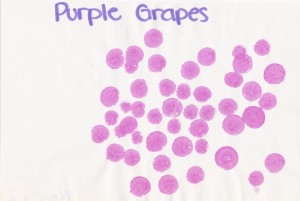Every morning when you send your child to school, you are putting her into the educational, social, emotional and physical care of other adults. This can be intimidating at times, but it doesn’t have to be.
The vast majority of teachers are in classrooms because they want to be, because they care about the students and love the material they teach, and because they want to make a difference. They spend time in the classroom trying to instill in youngsters the love of learning. And they spend time outside the classroom preparing lessons, grading work, and keeping the mountains of records and paperwork required by the school system.
Most of all, they want every child—your child—to be successful. That success is far less likely without your support.
- Speak positively about your child’s teachers. If you hear complaints from your young student, listen with an objective mind.
- Establish a relationship with a teacher. If you can volunteer at the school, wonderful. Your schedule may not allow that, so find other ways to be in touch.
- Stay connected. Most teachers and classrooms have a website. Send the teacher an e-mail when you appreciate something he’s done for your child or if you have a question. If there’s ever a problem, you will have built a positive base for your relationship, and the problem will be easier to deal with.
- Attend parent-teacher conferences. These are important for everyone concerned: student, teacher, family. You will learn things about the classroom and how your child interacts with adults and classmates, and will come away with a much more rounded picture of the education process in that particular class.
- Make appointments. Don’t wait for a conference if you have questions or concerns. Face-to-face meetings are helpful and teachers want to be available to you. They will want to hear from you sooner rather than later.
- Reinforce at home what’s happening in the classroom. From spelling tests to chemistry homework, from learning how to talk out problems with fellow students to deciding what to eat for lunch, the teacher and you are on the same team.
- Of course, if there is ever concern about inappropriate or illegal activity by a teacher or any other adult, notify the authorities immediately.
Teachers are on the front lines of helping your child develop in age-appropriate ways. Support them, connect with them, and thank them.
© 2014, MBS Writing Services, all rights reserved


